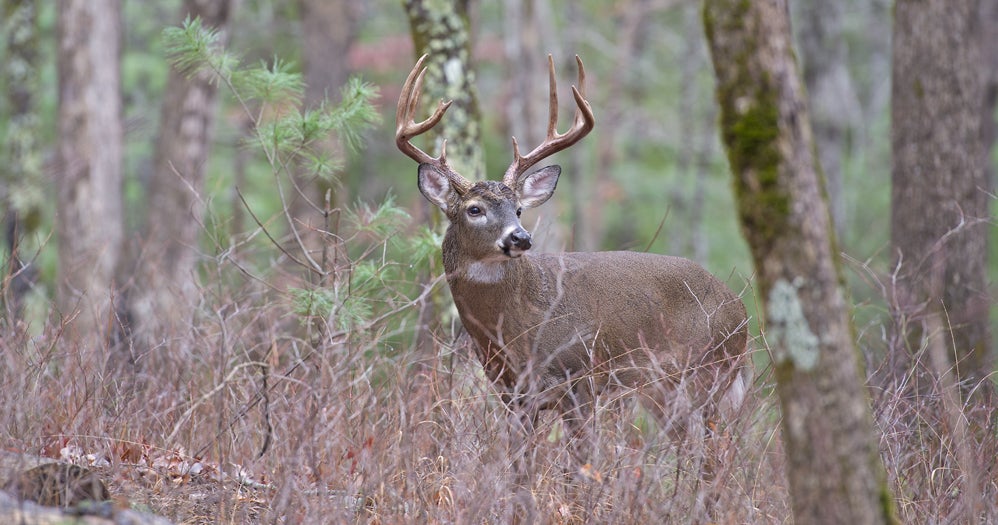MDWFP to host public meeting in Vicksburg, discuss special opportunities for hunters
Published 10:48 am Wednesday, August 24, 2022
VICKSBURG — Mississippi Department of Wildlife, Fisheries and Parks will host a public meeting to discuss Chronic Wasting Disease (CWD) Monday. Lovisa Auditorium on the Hinds Community College Campus in Vicksburg will host the meeting starting at 6 p.m.
Biologists from the MDWFP will present information about managing a deer herd for CWD, sampling efforts and special opportunities for properties within a three-mile radius of a CWD positive detection. It is an opportunity for hunters to learn more about the disease and their role in surveillance. Last year, MDWFP collected 7,082 samples, which was short of their annual goal of 10,000 CWD samples.
MDWFP first detected CWD in Issaquena County just north of Vicksburg on February 18, 2018. It took four years for another positive to be found in the region. A buck in Warren County, close to the first positive case, was confirmed a positive in January 2022, and a second deer was confirmed positive a few weeks later.
Louisiana Department of Wildlife and Fisheries discovered its first positive CWD deer near Yucatan Lake in Tensas Parish. This positive was confirmed in 2022 and was found a mile from Davis Island, Mississippi, and about six miles from the right bank of the Mississippi River.
MDWFP’s Commissioners placed Claiborne County in a supplemental feed ban due to the positive and in the same June meeting created an exit plan for counties in a CWD Management Zone. Counties must go three years without a detection of a positive before being moved out of a CWD management zone. Warren County, Claiborne County and the majority of Issaquena County are currently CWD management zones.
What is CWD
Chronic Wasting Disease is caused by an infectious, misfolded prion that neurologically causes a deer to waste away. These prions are shed by a positive deer into its environment through bodily fluids and can be infectious long after a positive deer has left the area.
This disease is always fatal and at this time there is no cure or vaccine. MDWFP’s management strategy has been to contain the disease by keeping prevalence low in local populations with the hope of eradicating it.
Hunter submitted sampling plays a role in the surveillance of the disease. Since 2018, 31,125 samples have been submitted with 127 confirmed positives. Hunter harvest accounted for 10,053 of those samples and taxidermists submitted 4,028 samples.
Issaquena County has submitted 527 samples since 2018, Warren County has submitted 1,420 and Claiborne County has submitted 486 samples.
MDWFP plans to have a similar meeting in Mid-September in Corinth, Mississippi. The second hotspot of cases are in north Mississippi near the Tennessee border.






